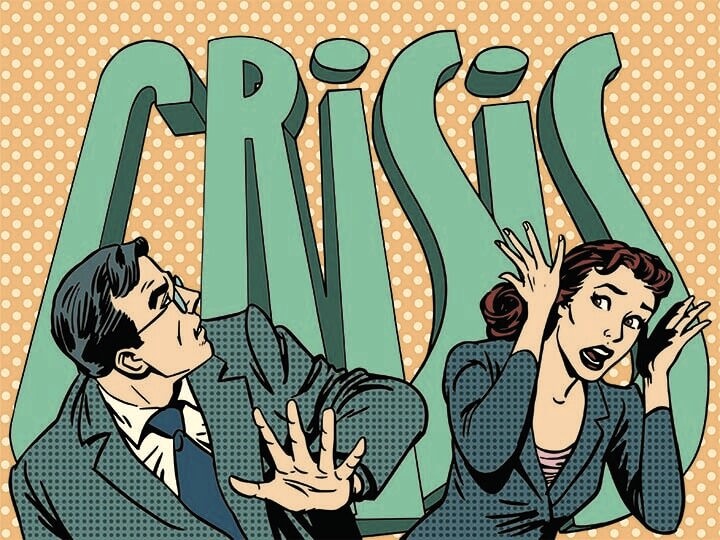
A company can build up a great brand reputation one day, only to have an unforeseen PR crisis tarnish its brand the next day. Effective crisis management can not only mitigate the negative impact that such an event causes, but also has the potential to build up a company’s brand reputation in the long run. Organizations will inevitably face crises, so they must prepare for the unexpected and know when and how to respond under pressure.
We recently spoke with Choice Hotels VP of External Communications and Public Relations, Lorri Christou and Prudential Financial VP of Global Communications, Allyson Hugley about the essentials of top-notch crisis and risk management. Our guests shared valuable insights on how to plan proactively, how to determine the impact of a crisis, and how to respond appropriately.
Make an Actionable Game Plan
No matter the industry, company size, or business model, every organization must have protocol set in stone in case of a crisis. Christou found herself amidst a crisis soon after she had started working at Choice, and on a Saturday no less. Upon realizing that the company’s crisis plan was outdated, unactionable, and impractical, Christou set out to better prepare the organization moving forward.
Starting from scratch to develop an actionable crisis plan, Christou created an enterprise-wide crisis management response team (CMRT), which ensures that the right people are in the right places to provide fast and seamless responses. Furthermore, she recommends training the CMRT appropriately and implementing a call platform, so that when the time comes, there are people throughout the organization that know what to do and how to contact one another. Annual tabletop drills, which test and improve defined processes, are also conducted to ensure that the crisis plan works and does so efficiently.
Leverage Internal and External Expertise
While it is essential for all businesses to have an actionable crisis plan, reputation management doesn’t mean an organization should act on every disgruntled customer’s complaint. How do you figure out when to respond, or equally importantly, when not to respond?
Hugley recommends leveraging partners both inside and outside your organization for a comprehensive understanding of a potential crisis and its impact. In order to develop a response strategy, it is necessary to have designated risk management personnel who are asking the right questions and are thinking through suitable frameworks to assess reputation impact.
Coupling internal assessments with external resources, from entities responsible for understanding the potential for risk and reputation events, will properly inform your company’s response strategies. By seeking out and working with different types of partners, your organization can make the most effective decisions around when and how to react.
Use Data Analytics for Message Optimization
Understanding the scope of a crisis event goes hand in hand with crafting an appropriate and effective message. In addition to knowing when to respond, it is just as important to know how to respond and who to prioritize in that response.
Data analytics plays a significant role throughout this process by measuring the reputation damage and guiding the messaging strategy. For example, Christou suggests that sometimes there is more emotion in a crisis issue than there really is reputation damage. In other words, people may be interacting with the brand in a very emotional manner, but it doesn’t translate to altered buying patterns. By utilizing data analytics to detect this, a proper response can be formulated to manage the situation.
In any case, internal teams must be very mindful of what their statements say or don’t say. A nuance in wording, Christou emphasizes, can really change the meaning of a message and potentially inflict further damage. Thus, a well-executed message must be crafted using a data-driven response strategy.




